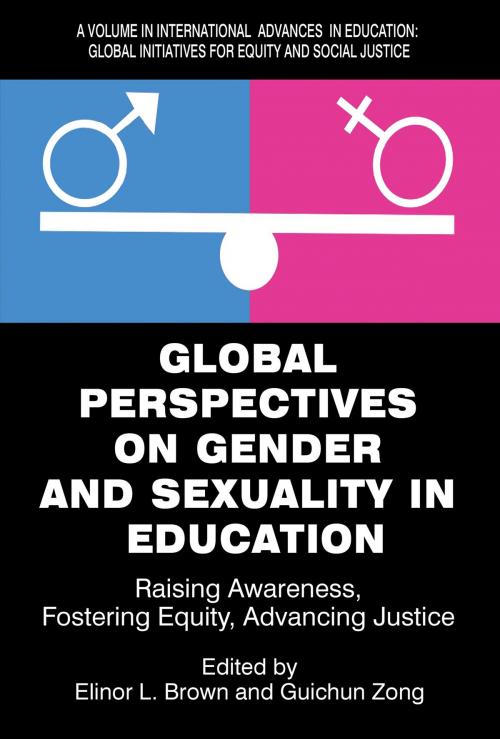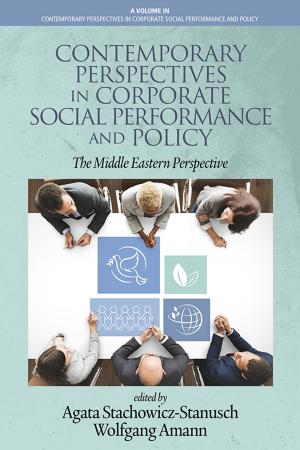Global Perspectives on Gender and Sexuality in Education
Raising Awareness, Fostering Equity, Advancing Justice
Nonfiction, Reference & Language, Education & Teaching, Educational Theory, Multicultural Education| Author: | ISBN: | 9781681237961 | |
| Publisher: | Information Age Publishing | Publication: | May 1, 2017 |
| Imprint: | Information Age Publishing | Language: | English |
| Author: | |
| ISBN: | 9781681237961 |
| Publisher: | Information Age Publishing |
| Publication: | May 1, 2017 |
| Imprint: | Information Age Publishing |
| Language: | English |
International Advances in Education: Global Initiatives for Equity and Social Justice is an international research monograph series that contributes to the body of inclusive educational policies and practices focused on: empowering society’s most vulnerable groups; raising the ethical consciousness of those in positions of authority; and encouraging all to take up the mantle of global equity in educational opportunity, economic freedom and human dignity. Each themed volume in this series draws on the research and innovative practices of investigators, academics, educators, politicians, administrators, and community organizers around the globe. This volume consists of three sections; each centered on an aspect of gender equity in the context of education. The chapters are drawn from a wide range of countries including: Australia, China, Gambia, India, Italy, Kenya, Kyrgyzstan, Laos, Slovenia, Swaziland, Grenada, Jamaica, Trinidad, Tobago, The United States, and Turkey addressing issues of gender equity, citizenship education, egalitarianism in sexual orientation, and strategies to combat human trafficking. The 15 chapters document both the progress and challenges facing those who strive for gender equity in access to education, the portrayal of women in curricula, and the acceptance of diverse sexual orientations within differing country contexts and provide an overview of promising policies, practices and replicable successful programs.
International Advances in Education: Global Initiatives for Equity and Social Justice is an international research monograph series that contributes to the body of inclusive educational policies and practices focused on: empowering society’s most vulnerable groups; raising the ethical consciousness of those in positions of authority; and encouraging all to take up the mantle of global equity in educational opportunity, economic freedom and human dignity. Each themed volume in this series draws on the research and innovative practices of investigators, academics, educators, politicians, administrators, and community organizers around the globe. This volume consists of three sections; each centered on an aspect of gender equity in the context of education. The chapters are drawn from a wide range of countries including: Australia, China, Gambia, India, Italy, Kenya, Kyrgyzstan, Laos, Slovenia, Swaziland, Grenada, Jamaica, Trinidad, Tobago, The United States, and Turkey addressing issues of gender equity, citizenship education, egalitarianism in sexual orientation, and strategies to combat human trafficking. The 15 chapters document both the progress and challenges facing those who strive for gender equity in access to education, the portrayal of women in curricula, and the acceptance of diverse sexual orientations within differing country contexts and provide an overview of promising policies, practices and replicable successful programs.















